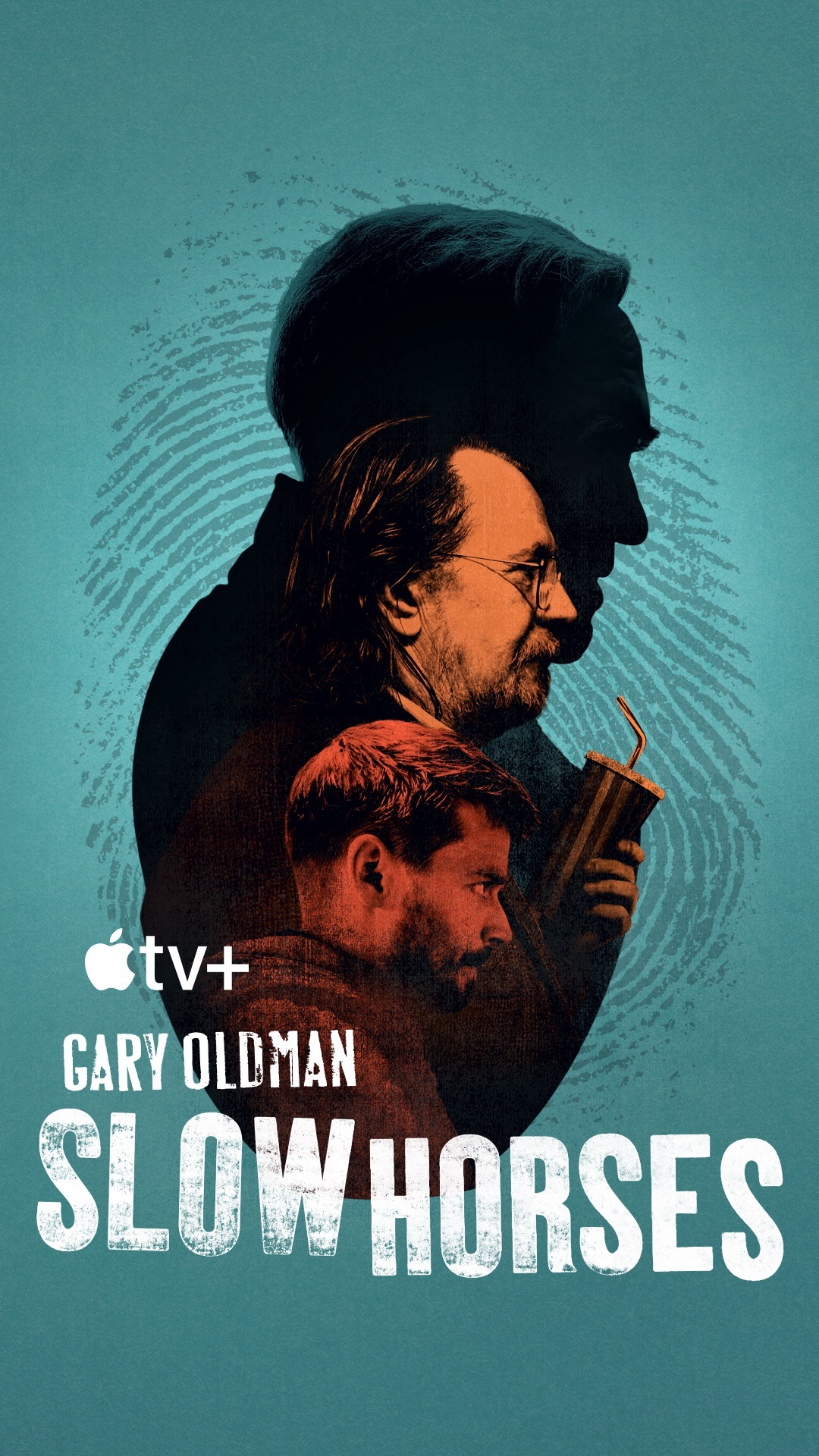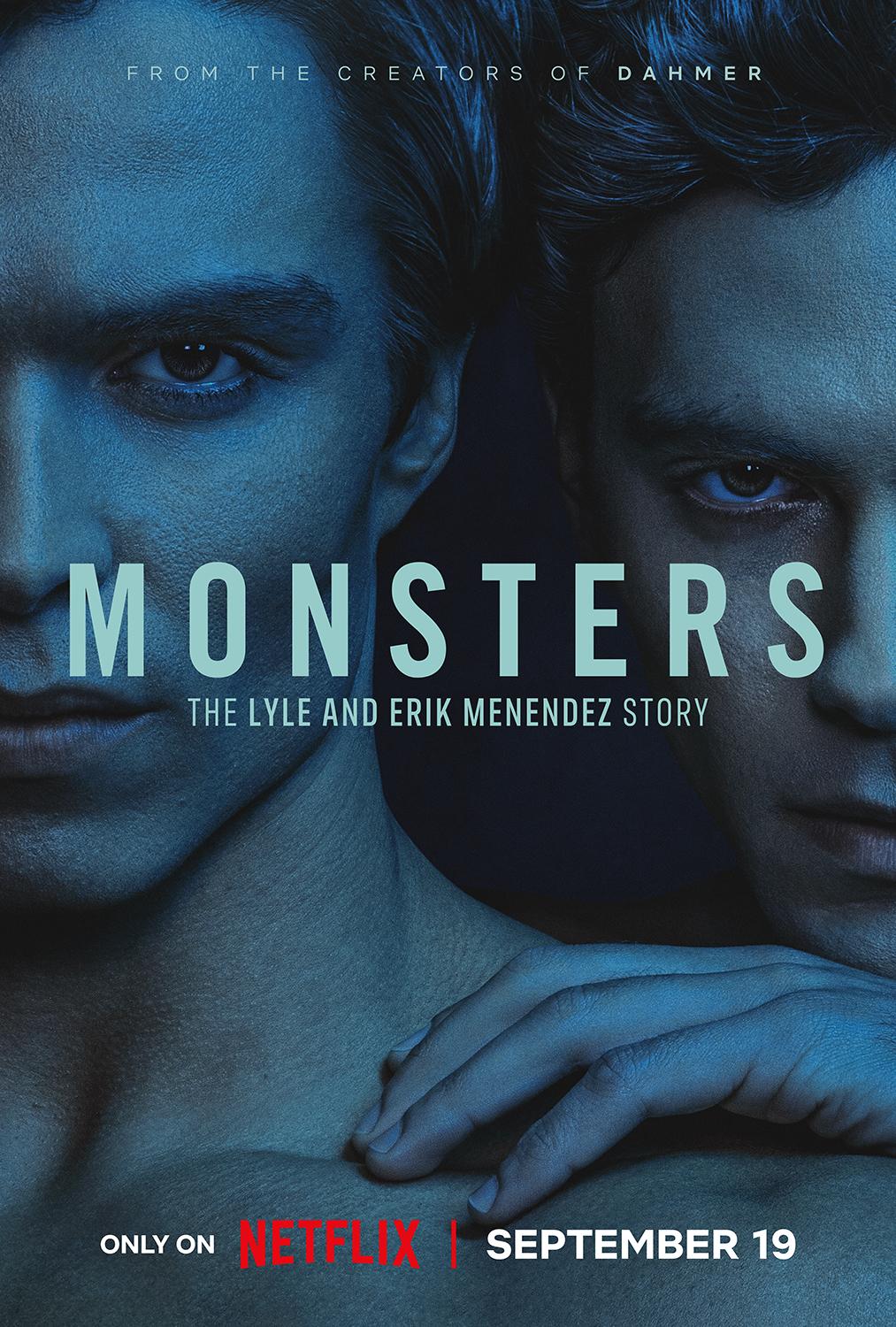
Imagine you’ve been relegated to the backseat of a vintage Aston Martin, navigating the murky waters of British intelligence where the drivers are less Bond and more bunch of blokes who’ve fluffed their lines. Welcome to Slough House, the MI5’s equivalent of a retirement home for spies who’ve dropped the ball harder than a toddler at a birthday party. This is the setting for “Slow Horses,” an adaptation of Mick Herron’s acclaimed series of novels. It’s a darkly comedic romp that makes you question whether you’d rather be a bumbling spy or stuck in an office cubicle.
Gary Oldman takes on the role of Jackson Lamb, the quintessential crusty curmudgeon who embodies the phrase “get off my lawn.” He’s the last remnant of the Cold War, the kind of spy who still thinks he can smell the KGB in the air. Oldman delivers a performance that’s a masterclass in gruff charm. You’d half-expect him to brandish a walking stick and chase off any hint of youthful exuberance. Instead, he’s got a keen eye for danger, or at least his version of it, which usually involves a lot of side-eye and a fair amount of disdain for the incompetence surrounding him.
The series doesn’t just rely on Oldman’s considerable talents. It weaves a tight narrative that balances the weight of character-driven storytelling with the thrilling undercurrents of espionage. When you watch “Slow Horses,” you’re not just entertained; you’re treated to a rich tapestry of flawed individuals who have made mistakes that would make even James Bond cringe. The show thrives on its characters, each representing distinct shades of mediocrity and desperation, making it a satisfying watch in a landscape often littered with airbrushed heroes.
If you’re just now catching up with the release of Season 2, do yourself a solid and binge the first season first. It’s a good yarn, and diving into it will offer layers of character depth and narrative tension that will keep you glued to the screen. You’ll develop a fondness for these misfits who’ve been given a second chance, albeit in the form of a bureaucratic purgatory. Think of it as “The Office,” but the stakes are a tad higher than stapler mishaps and coffee runs.
With the second season, the production design and cinematography have undoubtedly upped the ante. It’s as if the creators decided to ditch the dreary colors and throw in a bit of flair—think of it as a Michelin-starred chef taking over a greasy spoon diner. Cinematic artistry shines through as the show presents a visual treat that enhances the narrative instead of acting as mere window dressing. You’ll find yourself immersed in the gritty atmosphere of London, where even the rain feels like it has character.
Oldman is perfectly complemented by a stellar cast, including Kristin Scott Thomas, whose presence adds a level of sophistication akin to a well-aged scotch. Jack Lowden and Saskia Reeves breathe life into their roles, showcasing the kind of chemistry that makes you wish for an MI5-style heist just to see them work together on-screen more. They don’t just play characters; they embody the very essence of the hapless spies navigating a world that’s continuously pulling the rug from under them.
Such authentic characters lend the series a sense of grit that feels refreshingly raw. It’s not polished and pretty; it’s messy, flawed, and entirely relatable. It’s akin to finding an old photograph where everyone has a bad haircut and questionable fashion choices. It’s real. The show harkens back to a style of storytelling that feels reminiscent of classics like “Tinker Tailor Soldier Spy.” It revels in the intricacies of espionage without succumbing to the temptation of overt glamorization, making the stakes feel all the more tangible.
Having binged all of Season 1 in one feverish sitting, you’ll find yourself aching for more. The pacing is such that you forget about the outside world, which is both a blessing and a curse—your plants might die and your cat may plot your demise out of sheer neglect, but hey, you’re knee-deep in a labyrinth of spycraft. The storyline crackles with tension and wit, keeping you engaged even when the characters occasionally veer off into comedic bewilderment.
In a time when so many shows cling to the shiny, superficial, “look at how pretty we are” aesthetic, “Slow Horses” dares to embrace the gritty realities of espionage with a wink and a nudge. It’s not just another procedural; it’s a character study wrapped in cloak-and-dagger antics, a celebration of those who’ve tasted the bitter aftertaste of failure yet still find themselves drawn back into the fray. The show is a reminder that even in the murky world of spies, there’s always room for a bit of humor and human connection.
Whether you’re a fan of espionage dramas or simply looking for something to sink your teeth into after too many foreign films with subtitles, “Slow Horses” provides a delectable morsel. You’ll find yourself laughing, cringing, and utterly engrossed in the misadventures of this band of misfits. The series strikes that precarious balance between tension and levity, making it a must-watch. So grab your favorite beverage, settle in, and prepare for a ride through the murky corridors of British intelligence. You won’t regret it.
Final Thoughts on Slow Horses
As we navigate the murky waters of espionage and incompetence in *Slow Horses*, one can’t help but wonder: does the portrayal of these bumbling spies reflect a deeper commentary on the futility of bureaucratic systems, or is it merely an excuse to revel in their glorious failings? Share your thoughts below—I’d love to hear your take! And if you’re in the mood for more cinematic musings, don’t forget to check out my other reviews for a deeper dive into the world of film and television.
image source: IMDB




